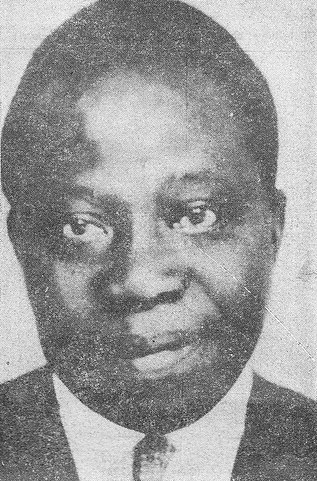New publications
New publications by ASCL staff and affiliates, and new books in our series, are frequently highlighted on this website. You may also use this RSS feed to keep informed. All recently added publications can be found in our database.
 Just more than 60 years ago Barthélémy Boganda, ‘father’ of the Central African Republic, met a premature death in an air crash (29 March 1959). In a new ASC Working Paper, Klaas van Walraven investigates the possibility of long-term causation in the political history of the Central African Republic by looking at the biography of Barthélémy Boganda. He argues that the upheavals of European colonisation at the beginning of the twentieth century, as experienced by Boganda as a child, exercised an enduring influence on his persona and remained relevant for his life and work throughout the later part of the colonial era.
Just more than 60 years ago Barthélémy Boganda, ‘father’ of the Central African Republic, met a premature death in an air crash (29 March 1959). In a new ASC Working Paper, Klaas van Walraven investigates the possibility of long-term causation in the political history of the Central African Republic by looking at the biography of Barthélémy Boganda. He argues that the upheavals of European colonisation at the beginning of the twentieth century, as experienced by Boganda as a child, exercised an enduring influence on his persona and remained relevant for his life and work throughout the later part of the colonial era.

